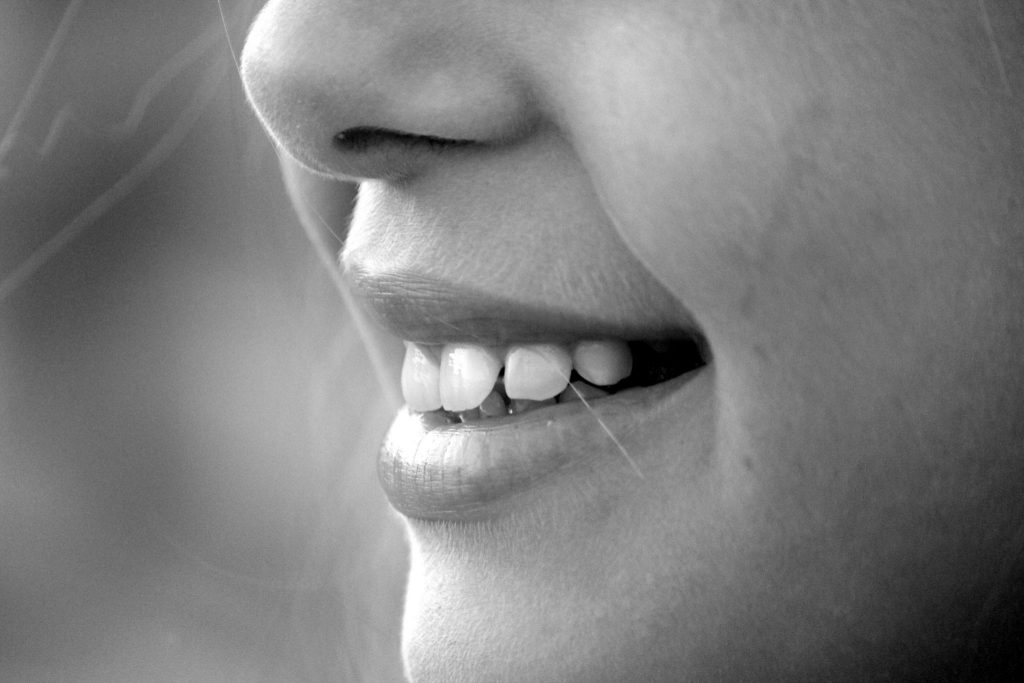
Many of us have encountered tooth sensitivity. You bit a sour apple or, for example, swallowed sweet hot tea — and the jaw relieves from the sharp pain.
Take this symptom seriously. Otherwise, pretty soon you can find yourself with rapidly developing caries. In addition, tooth sensitivity can be a symptom of serious health problems.
The most annoying thing is that thorough oral hygiene and regular visits to the dentist are not at all insurance against problems.
Caries, periodontal disease, chips on tooth enamel — these are the reasons on the surface, everything is clear with them. However, it happens that hyperesthesia occurs with absolutely whole, strong, well-groomed teeth. Why? There are many options.
1.You use too much mouthwash
Of course, fresh breath is important. But by abusing rinses, you risk thinning the tooth enamel. The fact is that such hygiene products often contain acids. If you can’t live without rinsing, ask your dentist to choose the most neutral product for you.
2. You love treats with tangible sourness
Hypersensitivity of the teeth may appear due to the love of sour.
No, it’s not even about eating limes with lemons. Often enough to be a lover of lemonade, tangerines, citrus fresh juices, candies and other seemingly harmless goodies that contain a dose of the above-mentioned acids.
The thickness of tooth enamel and the sensitivity of nerve endings are individual factors. And if you are personally unlucky to have armor on your teeth and nerves, hyperesthesia may come to you sooner than you think.
3. You bleached your teeth
This procedure has a wide range of contraindications, and only a truly experienced physician should conduct it. But often in the pursuit of a white-toothed smile, these issues are neglected. The consequences are rather painful.
4. You have the wrong bite
In childhood and adolescence, this factor may not cause problems. But with age, malocclusion becomes the cause of accelerated abrasion of teeth. Enamel is becoming thinner, and hyperesthesia is becoming more likely. Therefore, the bite should be adjusted as soon as possible.
5. You have certain bad habits
For example, bite your nails or grit your teeth. All this leads to the formation of microcracks on the enamel, which opens access to dentin to various stimuli.
6. You have gum problems
With age, not only the teeth wear out, but also the gums: they retreat from the teeth, exposing their roots. On the roots there is no durable layer of enamel, so they are much more sensitive than the outer part of the teeth. Gums may also recede due to tartar or smoking.
7. You have serious health problems.
If more than one tooth demonstrates hypersensitivity, but several at once, this may be a sign of diabetes.
Some formulations for sensitive teeth can reduce the production of thyroid hormones. Therefore, before starting treatment, it is important to exclude endocrine diseases.
Hyperesthesia is also a common symptom of diseases such as reflux esophagitis, accompanied by heartburn and acid burping, or bulimia.
Picture Credit: Pexels

I like this site – its so usefull and helpfull.